Meet John Melich, one of the Caring Hearts & Leading Minds at St. Michael’s Hospital
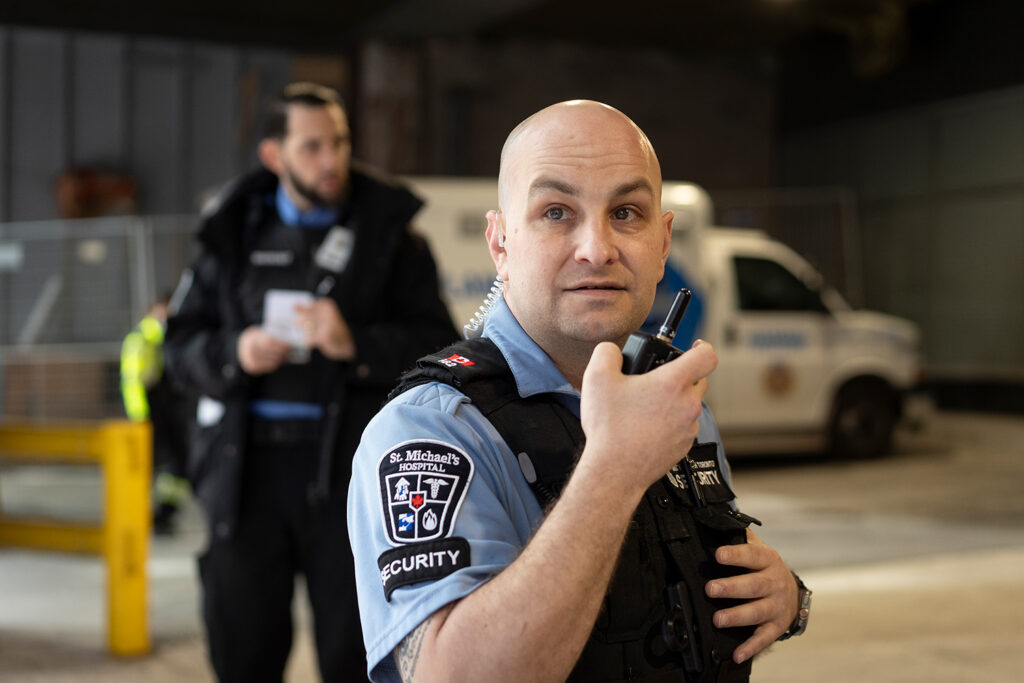
This is part of an ongoing series about the people who make Unity Health Toronto’s hospitals special.
My name is John Melich, and I am a full-time security patrol guard at St. Michael’s Hospital.
My father founded Champion Boxing Club in 1984, and I was born a few years later in 1989. Growing up, I was a competitive boxer, becoming a Provincial Champion at the ages of 11 and 12, with plans of turning professional by 18. At the same time, I began working in the trades as an HVAC technician.
But just before I turned 18, I began spending time with the wrong crowd. I started experimenting with substances, and my focus on boxing and career goals slipped away. Addiction slowly took hold of my life. At first, I was able to work and hide my substance use, but over time things spiraled. My addiction shifted from stimulants to opioids, and that’s when life became unmanageable. Cravings were constant and withdrawal made it a never-ending cycle. I lost jobs, lost hope, and felt I was letting down everyone around me. I felt stuck, consumed by a life I no longer recognized.
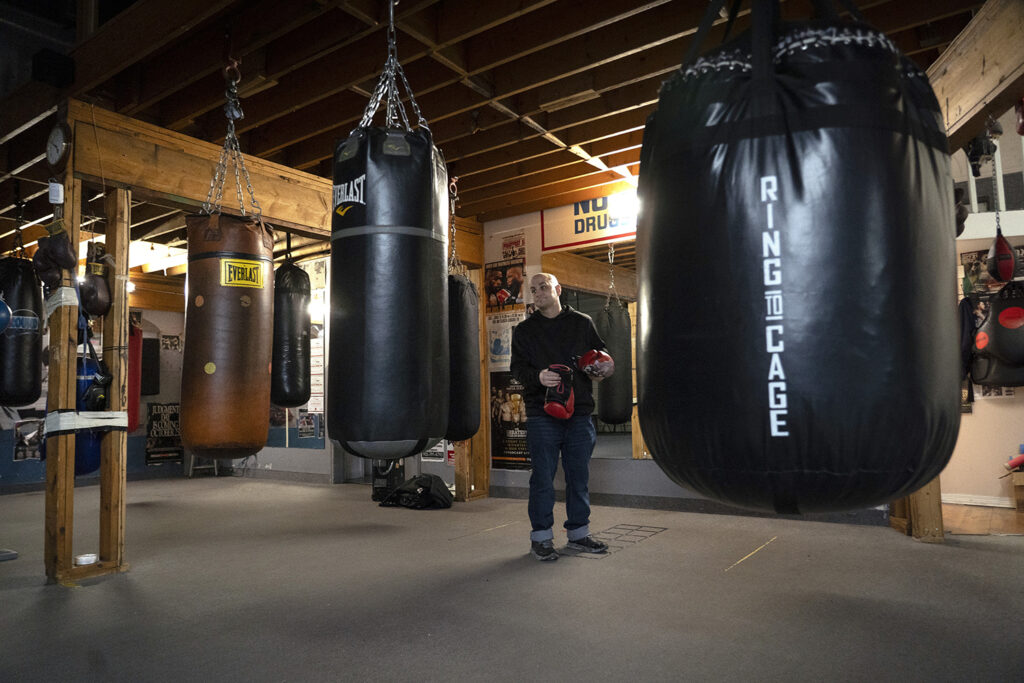
I struggled with addiction for a little over 10 years. In the end, it wasn’t a treatment centre that kept me on the right track. It was literally changing people, places, and things.
On September 23, 2018, I decided to give recovery one last chance. With the support of family in Oshawa, I finally found the courage to make real changes. This time, I chose recovery for myself—not because others wanted it for me. I left my HVAC career, got my security license, and put my energy into building a new life.
That choice led me to healthcare security, starting at Brampton Civic Hospital and now working full-time at St. Michael’s. Hospitals were places I often turned to when I was struggling, and I know first-hand how difficult it can be to navigate the healthcare system. That experience gives me empathy and purpose in my role today—helping others in their most vulnerable moments.
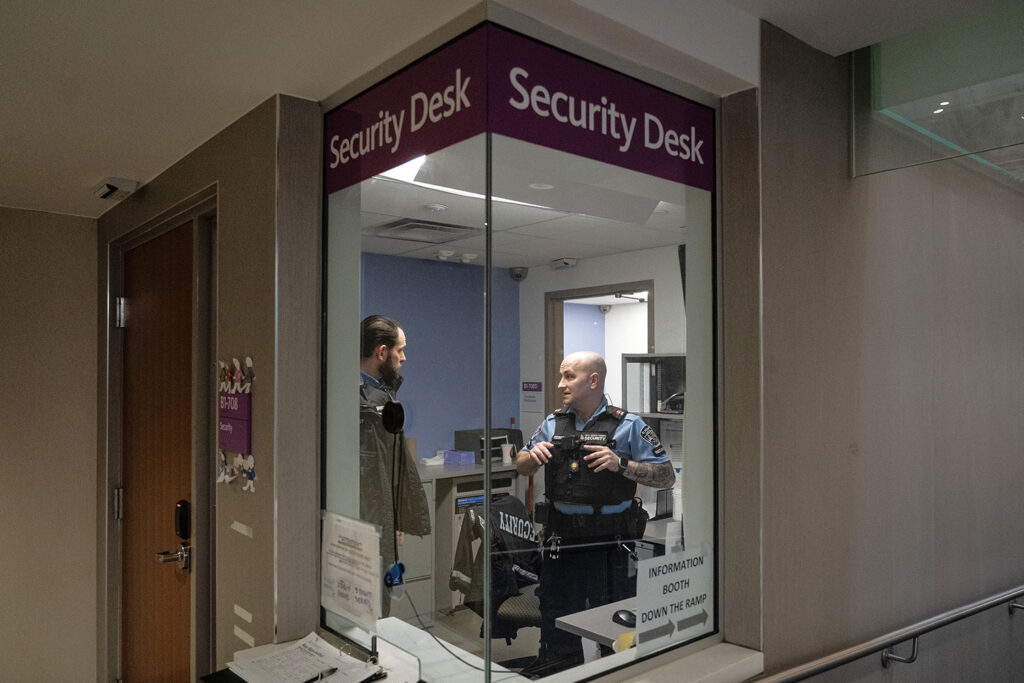
One of our biggest jobs in security is supporting the community. Around St. Michael’s, we have a very large unhoused population. But interacting with them is honestly one of my favorite parts of my job. When people are coming into the hospital and they’re getting brought in by police or an ambulance, oftentimes we’ve already built relationships with those people. And it can make a big difference on how that interaction goes.
We’ll sit there and collaborate with police to make sure that nobody gets hurt and that the person gets the help that they deserve. Having those positive relationships ahead of time, it helps us de-escalate those situations and come out with more of a peaceful resolution. My life experience definitely helps because I understand what they’re talking about.
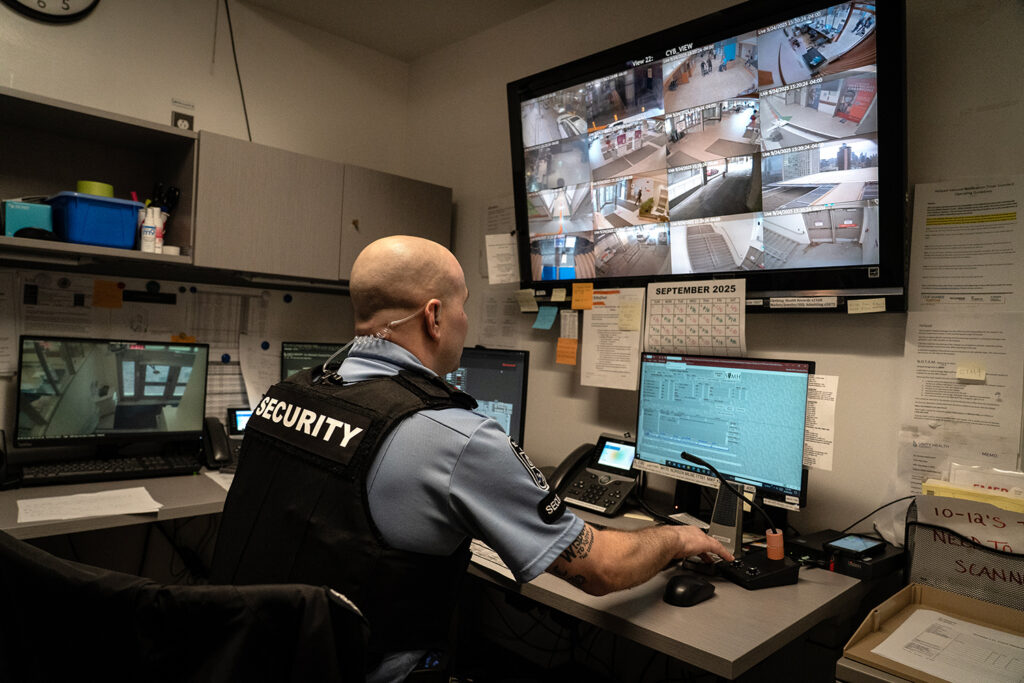
Something must be wrong if someone is at the hospital entrance and they’re causing a scene. This doesn’t happen for no reason. If someone from the community is upset, I don’t mind if somebody tells me off a few times. I have a very hard time taking that personally because I just see somebody that wants some help.
I honestly believe that there’s hope in recovery when it comes to the right career path. Going from recovery to coming to work in a hospital everyday is an eye-opener, especially working at St. Michael’s. The stuff you see and the situations we deal with, it was a lot of things that I used to do back in the day. And seeing it from a third-person perspective and having it be one of my responsibilities definitely helped keep me on the right path.
I initially left boxing because of my addictions. When I came back, I was a bit over a year sober. And because my father was unwell, I stepped in as a coach again and that definitely helped keep me on the right path as well.
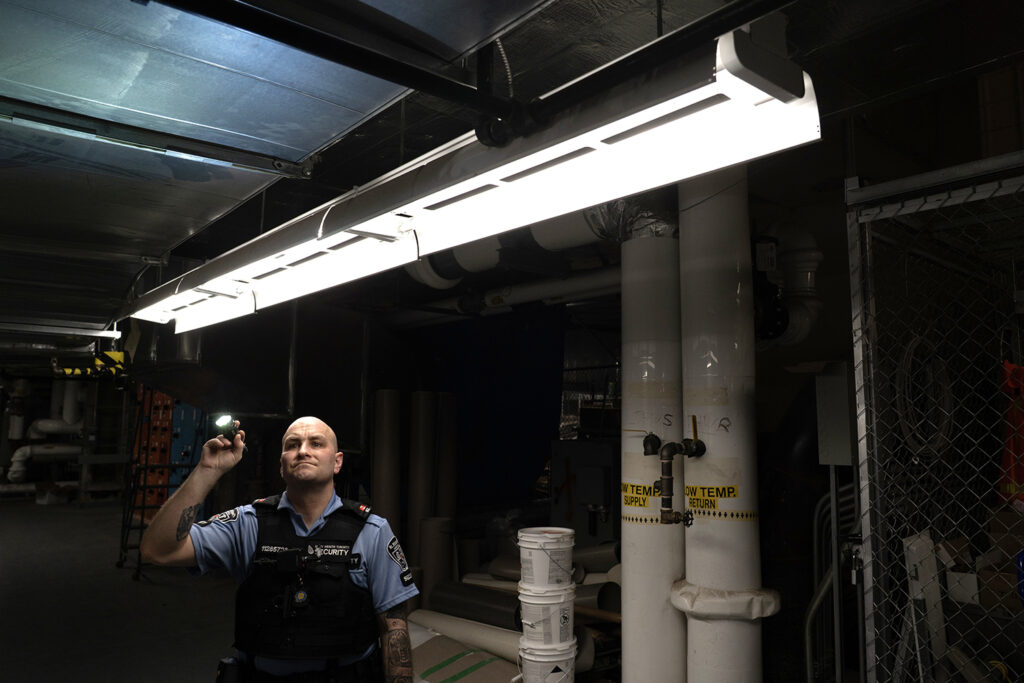
My dad passed away in 2020. We’ve continued operations and now I’m the president. Our boxing club has a similar mission to the hospital’s mission. We’re here to help everybody, it doesn’t matter what past life they come from. My father built it in 1984 to help keep kids off the streets and away from toxic influences through the discipline sport of boxing.
Our staff aren’t just boxing coaches, they’re mentors. They’re there to help mentor these students, keep them on the right path, and make sure that they’re focused on the right things in life. If a parent comes in and they’re worried that their kid is meeting up with the wrong crowd, that conversation might have to be a little strict. But it’s not meant to punish them, it’s more of a heart to heart conversation. And then that discipline comes out in the training. That way they can achieve their goals without stumbling down the road that unfortunately I went down.
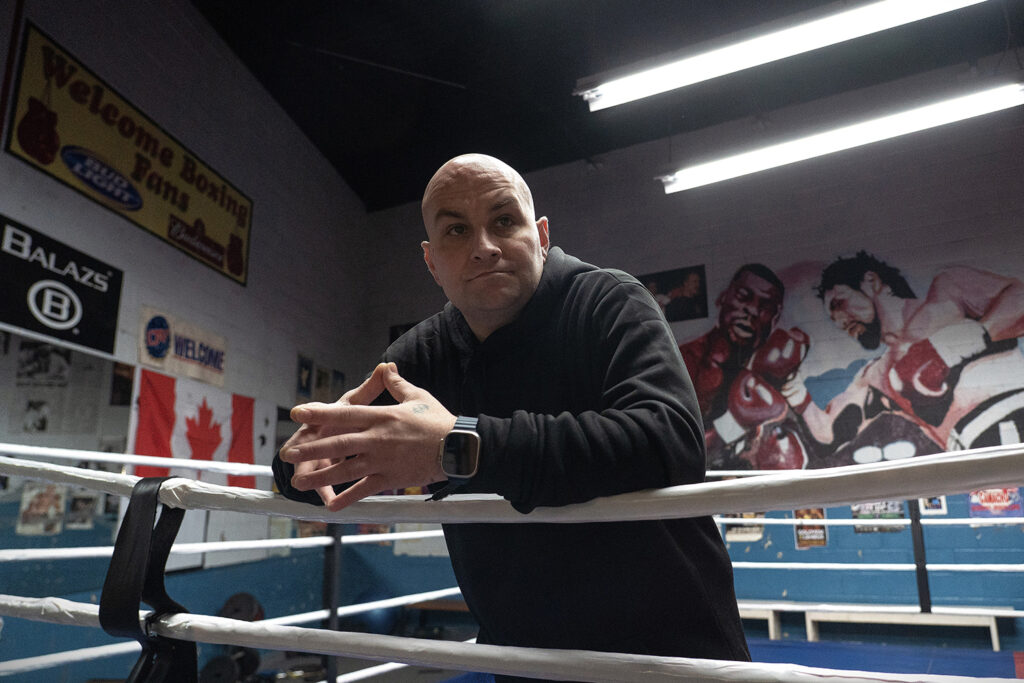
It’s important for me to carry my dad’s legacy because he never gave up on me. I don’t know how he put up with what I put him through. It was a lot of lying and manipulating to feed my addiction. It feels like your mind is hijacked when you’re stuck in a substance-abusing lifestyle. And now, even after my father passed, I’ll go to a gas station and people ask about him.
My dad built this boxing club because he wanted me to be a professional boxer. Even though I fell out of it, he still kept up the hard work and made sure other kids didn’t have to go down the road that I went through. So the last thing I want to do is take that away from the community because I do see how big of an impact he has. That was his life’s work. There’s a lot of people out there that swear by boxing, or swear that if they didn’t box and went down a different path, they don’t know where they would be today.
Now I’m working in hospitals, too. Both jobs together is just a very healthy lifestyle for me. I couldn’t imagine myself ever going back to that place.
This interview has been edited and condensed.
As told to Lois Lee. Photography by Kevin Van Paassen
